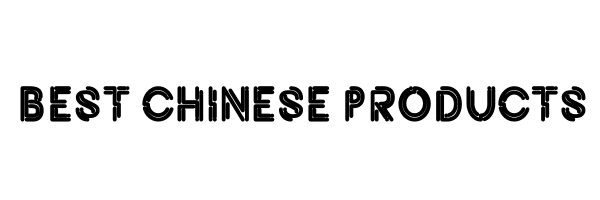I’ve been scouring the internet for any information on where Shein sources their clothes from, but alas, the topic has been shrouded in mystery since the company’s inception.
Though the brand has become popular around the world in recent years, most of their company information is secret to the public and it’s near impossible to find anything pertaining to their work practices and finances online.
However, I was able to find out that Shein has a number of suppliers from whom they source their clothes and a majority of their inventory originates from China with a few manufacturing hubs setup in South Asia.
So if you’ve ever wondered “where does Shein get their clothes from“, read on to find out everything I was able to uncover and then decide for yourself whether or not this fast fashion brand is your cup of tea.
Where Does Shein Get Their Clothes From?
It’s been over 13 years since Shein has been in the market and they have expanded their portfolio from cheap wedding dresses to cover pretty much the entire apparel and accessories category.
From what I could learn, the answer to our question is quite simple.
Where are Shein Clothes Made?
Shein initially used to have ties with a couple of manufacturers from the Guangzhou district in China, which is one of the largest hubs for ready made apparel. Thanks to their founder, Chris Xu, the company developed a steady supply chain by tying up with different manufacturers and suppliers for their clothes.
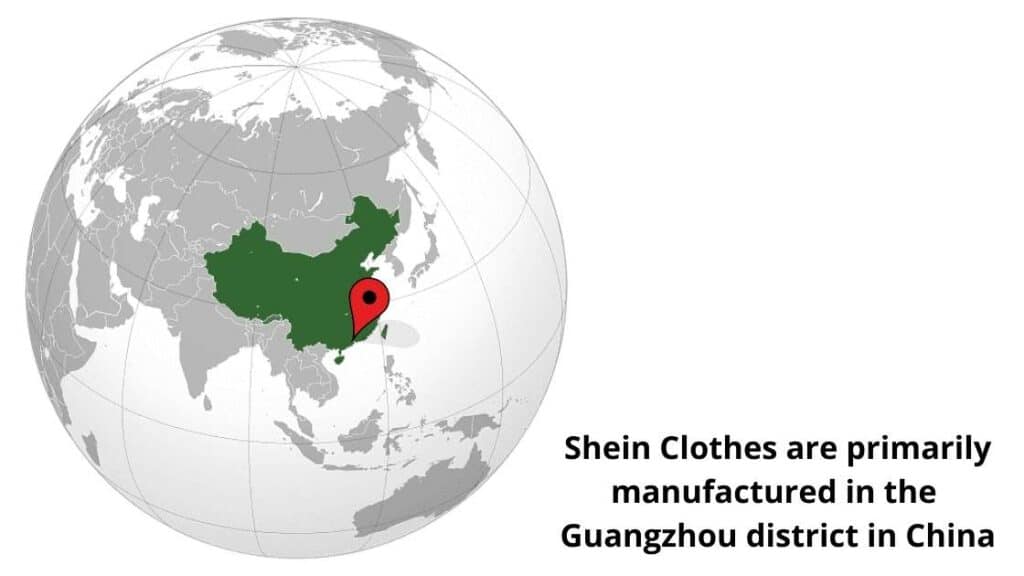
Now, Shein has a team of over 800 vendors who mass produce clothes for them with a strict turnaround time of 10 days. New designs are created everyday at Shein and the concepts are then sent to these manufacturing chains to have the clothes made in bulk.
This is why they are able to deliver fast fashion to well over 200 countries around the world at throw away prices.
Shein has also roped in two new factories that will mass produce clothes for the brand. One is located in Sri Lanka whereas the other is in Bangladesh which just so happens to be the second largest producer of clothes for big brands such as GAP, Calvin Klein, Armani, Ralph Lauren and H&M like after China.
Does Shein Design Their Own Clothes?
As a matter of fact, yes, Shein does design their own clothes. Though this wasn’t the case during their initial days where the brand used to source ready made clothes from a wholesale market in Guangzhou, China.
It’s also true that Shein makes predictions on trends and mass produces items within a short span of time after identifying a new trend which is why many of Shein’s clothes resemble new fashion wear from other top brands.
Who Makes Shein Clothes?
Based on my recent findings, most of Sheins manufacturing partners are based in the Guangzhou district and some of them are also listed on Alibaba as Shein manufacturers or suppliers.
These manufacturers are an integral part fo Shein’s supply chain and they produce clothes and accessories in bulk based on the designs and schematics provided by Shein’s design team.
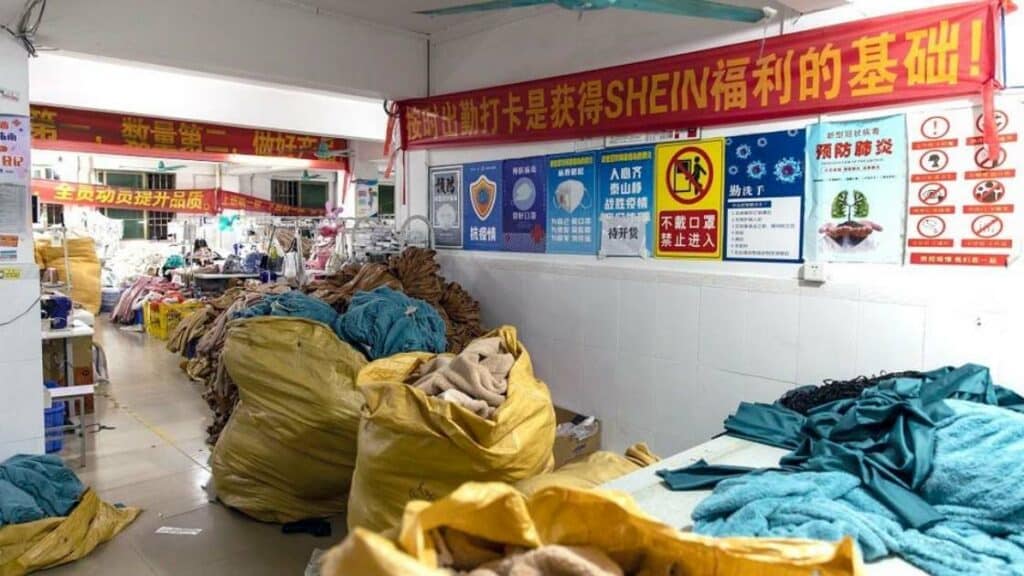
Here are a few of their primary clothing suppliers I was able to come across.
Quanzhou Youfan Import and Export Trading Company
From Fujian, China, this company primarily supplies sportswear, women’s apparel, socks and caps to Shein.
Quanzhou Zhoushang Trading Co.
This manufacturer is also based out of Fujian, China and are the main suppliers of women’s innerwear, yoga clothes, women’s t-shirts and pants.
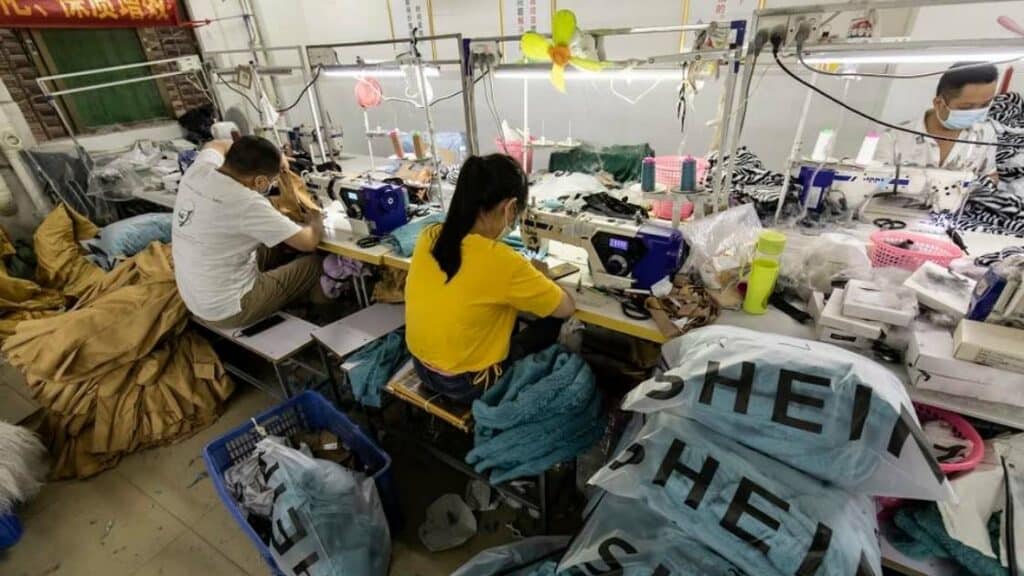
Zhejiang New Joys Trading Co., Ltd.
If you’ve ever wondered where Shein sweaters are made, this company is behind it all. They specialize in blazers, women’s sweaters, coats and other knitted wear.
Dongguan Wojieya Clothing Co., Ltd.
A recent addition to the Shein manufacturers list, this company provides Shein with most of their shirts, t-shirts, dresses, one-pieces and even coats.
Quanzhou Yongchun Yuxin Trading Co., Ltd.
Based in China, Quanzhou Yongchun Yuxin Trading Co., Ltd. specializes in mass producing high quality jumpsuits, co-ord sets and even dresses.
Hangzhou Kuai Garment Factory
If you’re wondering who makes most of the jeans, shirts and jackets then the Hangzhou Kuai Garment Factory is the one to check out today. They even specialize in dresses and the overall quality is amazing.
These are only a few of the many thousands of small manufacturers the brand is currently partnered with, to manufacture high quality clothes and accessories at cheap prices and in a timely manner.
As of 2023, Shein has tied up with factories in Bangladesh and Sri Lanka to produce clothes such as jeans and dresses. These manufacturing facilities will be a part of the Shein Global network and serve countries worldwide.
How Does Shein Choose Their Manufacturers and Suppliers?
While not known to many, Shein chooses the manufacturers and suppliers based on their quality, low manufacturing costs and fast turnaround times. It’s the only reason why the brand is able to cope with the new trends and at the same time, keep costs low.
This is one strategy Shein has followed since its inception, which has made it the number one fast fashion brand in the world.
Manufacturers and suppliers must be willing to adhere to a strict turnaround time of 10 days and to deliver high quality apparel and accessories at cheap rates and only if they can deliver, will there be a partnership between the two.
But while it all looks good on the outside, in order to meet their agreed target, I did notice that there are a number of trade malpractices that occur at these manufacturing plants that leaves Shein at the center of controversy.
How Are Shein Clothes Made?
The clothes sold on Shein are manufactured in bulk and are then shipped across the world in record time.
From what I understood, the process they follow is first create a design within 1-2 days and then share that design with the manufacturer who in turn will produce the clothes in bulk and ship them back to Shein within a maximum time frame of 10 days.
These clothes are then put through a couple of tests to check the quality and are then sent to various warehouses around the world.
The manufacturing process varies depending on the type of clothing so it can take anywhere from 4-5 days to make simple t-shirts whereas complex pieces of clothing like dresses, blouses and wedding gowns may take between 7-10 days to be produced in bulk.
However, to make sure the deadlines are met, employees in these manufacturing units are treated badly and are made to work for up to 75 hours a week for minimal pay, as reported by the Swiss watchdog group ‘Public Eye’.
Are The Clothes Supplied To Shein Safe to Wear?
Shein was in the spotlight late last year when a number of their jackets were to be recalled as Canadian health authorities suspected that they contained dangerously high levels of lead and other chemicals making them unsafe to wear for children and adults.
There have been many other instances like this where the brand has been called out for using harmful chemicals such as organotins, phthalates and antimony in their products, well above the government regulated limits.
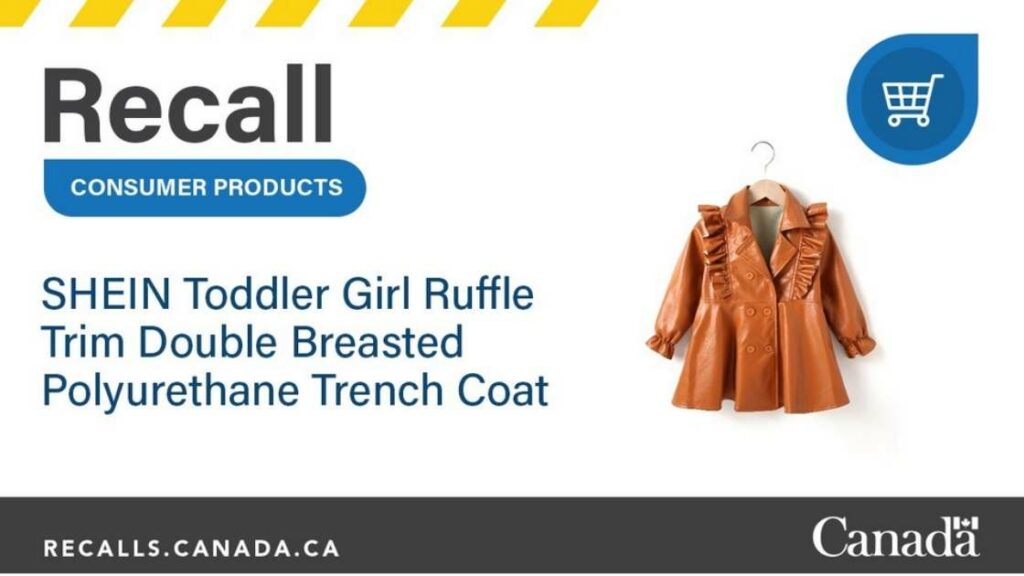
They have since taken those products off the shelves, but where did they originate from and why were they up for sale in the first place?
The root cause is the suppliers themselves. In order to mass produce at the rate they’re asked to, suppliers must cut corners and to do this they tend to use chemicals to speed up the process.
For example, to make polyester, the supplier will cut the mix using antimony and they can go to the extent of using more than the legal limit. Using too much antimony can lead to skin irritation and breathing problems which is why they get deemed unsafe to wear.
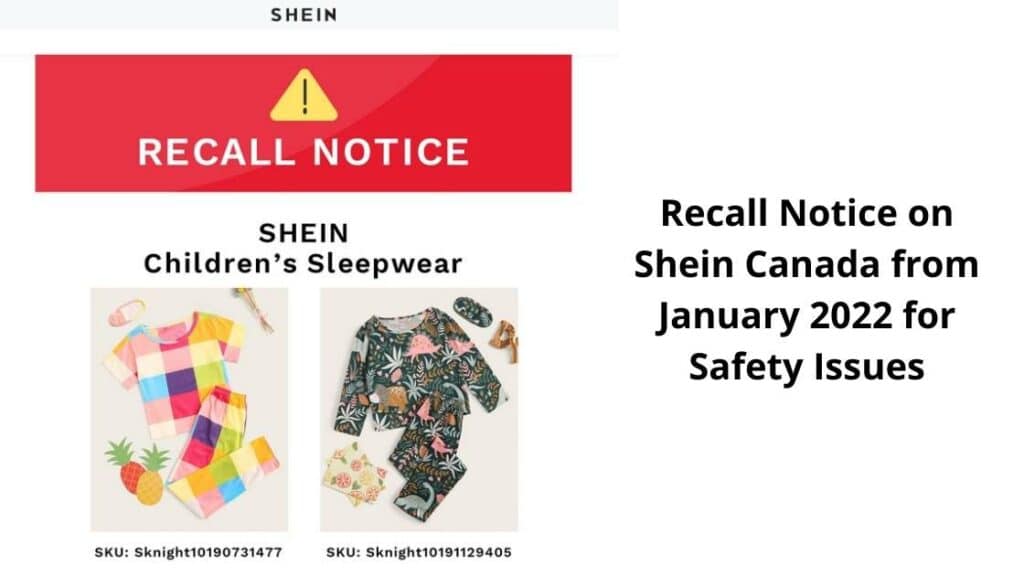
But since the screening process is lax, as with most Chinese companies, products do go through the QC check and are sold in the open market.
However, this is not the case with all the clothes sold on Shein and it only happens once in a blue moon which got me thinking that it could possibly be just simple human error and not a deliberate act.
Are Shein clothes made with child labor?
They have clearly stated that they distance themselves from practices like child labor and from we can tell, there has been no evidence regarding the use of child labor directly or indirectly with the brand.
FAQ’s
How many items are added to Shein every month?
Based on numbers back in 2021, Shein added as many as 2,000 new SKU’s on a daily basis which translates to roughly 60,000 new items added every month.
Where is Shein located?
Shein’s headquarters is based in China, but they have a number of offices and fulfillment centers in different parts of the world. Their second largest hub is based in New Jersey, USA, where their American hub is located.
Why was my Shein order shipped from Florida and not China?
Orders are normally fulfilled by the nearest warehouse or fulfillment center and if the item is not available in the nearest warehouse, then and only then will it get shipped from China.
Can I get in touch with Shein manufacturers to source from directly?
Yes, you can get in touch with Shein manufacturers, but it is rather difficult to get a response from some, especially if you’re overseas. Since nearly all of Shein’s suppliers are based in China, it’s easier to get in touch with them by attending trade shows, checking on social media, and through old school online research.
Takeaway
Shein has gotten popular over a short period of time and is the number one brand in the world for fast fashion.
Since they are into retail and are not manufacturers, the brand makes the designs and relies on its vendors to produce clothes for them in bulk.
These Chinese manufacturers provide good quality clothes at affordable prices and this is why they are so cheap to buy.
I hope this clears the air about whether or not Shein makes their own clothes and since most of the suppliers/vendors are open to work with other brands, why not try getting in touch with them if you’re interested in becoming an entrepreneur, it just might work out for you.
Also Read:
- Shein’s Return Policy and Tips on How to Use it Smartly
- Do Shein Clothes Shrink When Washed?
- Shein Warehouses – Where are They?
- Why is Shein so Cheap and Popular? Shein’s Interesting Model Explained!
Page Contents
